Roberta Barazza
Chinatown (Polanski)
“Chinatown” was produced in 1974 by Roman Polanski.
Film studies seem to show that the most intelligent and creative films are produced in times of strong social conflict and instability of the film industry. This happened in Italy during Neorealism soon after the IIWW, in Germany during the Weimerer Republik in the 30s, and also in USA in the 70s.
The 60s were years of social conflict and change; in the 70s there is a contrast between a tendency to keep to the traditional values and the wish to change. The films of the 70s mirror this double direction (1).
Chinatown goes even further: it does not only represent a contrast between change and reaction but the total disillusion that any change is possible, the acceptance of a necessary and unchangeable evil.
Robert Towne wrote the script and before finishing the film, Towne and Polanski argued about the end: Towne wanted a happy end with Mrs Mulwray killing her father; Polanski preferred the tragic ending with Gittes ending in jail and Mrs Mulwray killed by a policeman while she tries to leave her house for ever. There seems to be no hope of a solution and of any improvement.
The film is a cult movie, one which had a great success and still continues to raise the interest of critics and public.
It is set in the 30s but the main problem it deals with - draught in Los Angeles - refers to real events in the 1910s in California.
The film deals with social, political, personal problems representing the problems of USA in the 70s: corruption, overpower of rich owners, exploitation by the rich, police controlled by the rich class, and personal tragedies like limited freedom for women and the rape of Noah Cross’s daughter by Noah Cross himself.
The film is a reaction to the disillusion with politics after the Watergate scandal in 1972-74. The film deals first with a precise problem - shortage of water in Los Angeles - and continues with a general denunciation of corruption, criminal connection between police and rich owners, personal problems. The impression is of a nightmarish society where it is impossible to find justice and safety. Gittes, who tries to solve the problems, seems first unable to understand what is important, then his wound in his nose makes him appear clownish which he is as still unaware of the gravity of the problems. He still focuses on a possible relationship between Mr Mulwray and a girl, while behind the stage a much more criminal game is played. The very rich Noah Cross uses the water of the dam for his property stealing it at night to the local peasants and causing the ruin of many small landowners. This is what Noah Cross’s son-in-law finds out and he is killed by Cross for this. The tragedy of these events is expressed also by the use of biblical references such as the name Noah, like Noah’s Ark bringing the whole story on a universal level of meaning. Gittes will understand in the end the real problem but he will be unable, like years before in Chinatown, to help and save his lover.
Another important problem is women’s total dependence on men. It is surprising that a rich and aristocratic woman like Mrs Mulwray, who was raped by her father at 15, still lives near her father’s house and her husband is her father’s colleague.
The word ‘Chinatown’ has a negative meaning: it seems to mean chaos, lack of law and justice. And this is a common xenophobic stereotype, especially in the 30s. But we can hardly see a Chinese man or woman, so this negative meaning becomes rather a general connotation of the whole country and you have the impression that these problems are anywhere in USA.
The film seems to convey an anti-capitalistic opinion. The whole nightmarish situation is caused by the power of richness dominating everything: the inhabitants‘ properties, the law, the characters’ personal lives. The film seems to be based on a Marxist point of view but unlike Marx it does not offer any hope of change (2). It seems impossible to improve anything. Gittes, the hero, is a tragicomic hero unable to offer a solution. All this while everything in Los Angeles is golden and bright, rich and smart. Behind the richness of buildings, streets, cars, dresses, hides the lowest dark side of human will. Something similar to USA in 1970s at the time of the Watergate scandal and the rise of oil price. The 70s are a time when people no longer believed in politics as a field of great actions; the general disappointment with politicians makes this time a turning point and the new Presidents seem to behave in a different way, for ex. - like Jimmy Carter - giving his first interview to Playboy rather than to more serious magazines. For the first time US Presidents are continuously laughed at in newspapers strips. After Vietnam War, Watergate scandal, women’s revolution, youth protests, everything seems to have changed and the heroism of the past has disappeared forever. In Chinatown too the hero will not solve any problem and will end up in jail because the whole society is a big Chinatown ruled by chaos, corruption and injustice.
1. Lev Peter, American Films of the 70s. Conflicting visions, University of Texas Press, 2000, p. XVII.
2. Lev Peter, American Films of the 70s. Conflicting visions, University of Texas Press, 2000, p. 58.
Bibliography
Chinatown (film) by Roman Polanski, 1974.
Peter Lev, American Films of the 70s. Conflicting visions, University of Texas Press, 2000.
Bailey Beth and Farber David (edited by), America in the 70s, University Press of Kansas, 2004.
Towne Robert, Chinatown, (script) third draft, 1973.
Personal blog in English. If you want to leave a comment, write to barazza.roberta@gmail.com
About Me
ruins
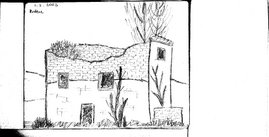
country house
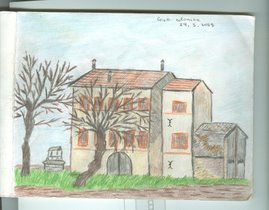
novi mesto (slovenia). commercial center
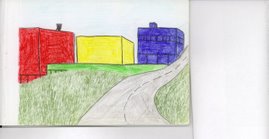
warsaw. iceskating little rabbit
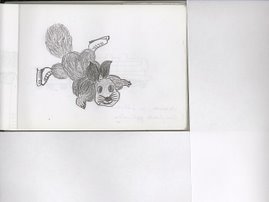
viterbo (italy). shop
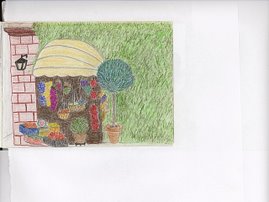
udine. helicopter
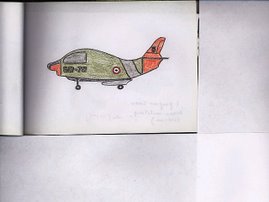
udine. tractor
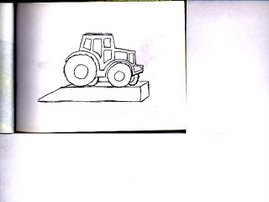
motovun (croatia)
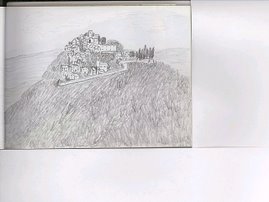
krasica (croatia)
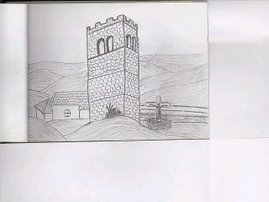
church in slovenia
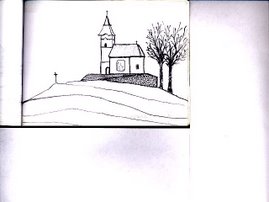
slovenia
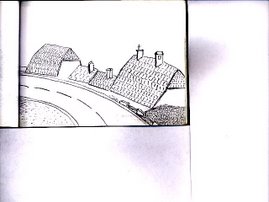
armour
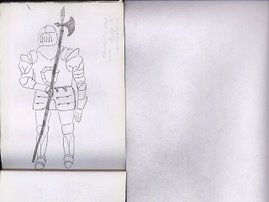
rome. palm tree

dog carrying a newspaper
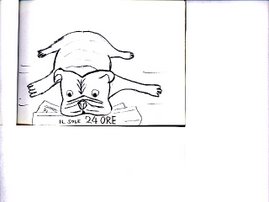
rome. campo dei fiori. giordano bruno's statue
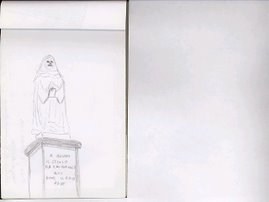
rome. Palazzo Venezia
